Many people are unfamiliar with the concept of a private judge, but New York allows certain cases to be tried by a privately hired judge. Private judges generally try civil cases like divorces, and there are pros and cons to using one.
If you’re involved in a high asset divorce, it’s worth considering going with a private judge rather than the public option. Depending on your circumstances, the private judge option may be more advantageous.
Details of the private judge arrangement
Many states, including New York, allow for civil cases to be tried by a private judge, as it reduces public caseload and saves the state money. But there are still rules and restrictions on the process.
The state has to license private judges, many of whom are retired judges. And if hiring a private judge, the two parties in the dispute split the costs of hiring the judge. This means no one side has a perceived advantage due to paying the judge for their time and services.
Advantages of a private judge
One of the primary benefits of using a private judge is the speedier resolution of your case. A typical divorce may take months to resolve, especially if significant assets are at stake. However, a private judge can resolve a case in days once the two parties have agreed on timing.
A private judge also offers a little more discretion and privacy. In a public trial, it’s more likely that facts and allegations make their way to the public’s attention. However, it’s important to note that a private judge’s trial is still considered part of the public record.
Finally, hiring a private judge may allow you to choose a judge more favorable to your interests. But remember that the other party will need to agree on the selection.
A private judge can be a viable option for adjudicating a divorce or other civil trial. For the extra cost of hiring a private judge, you may find the situation more advantageous in several ways.
